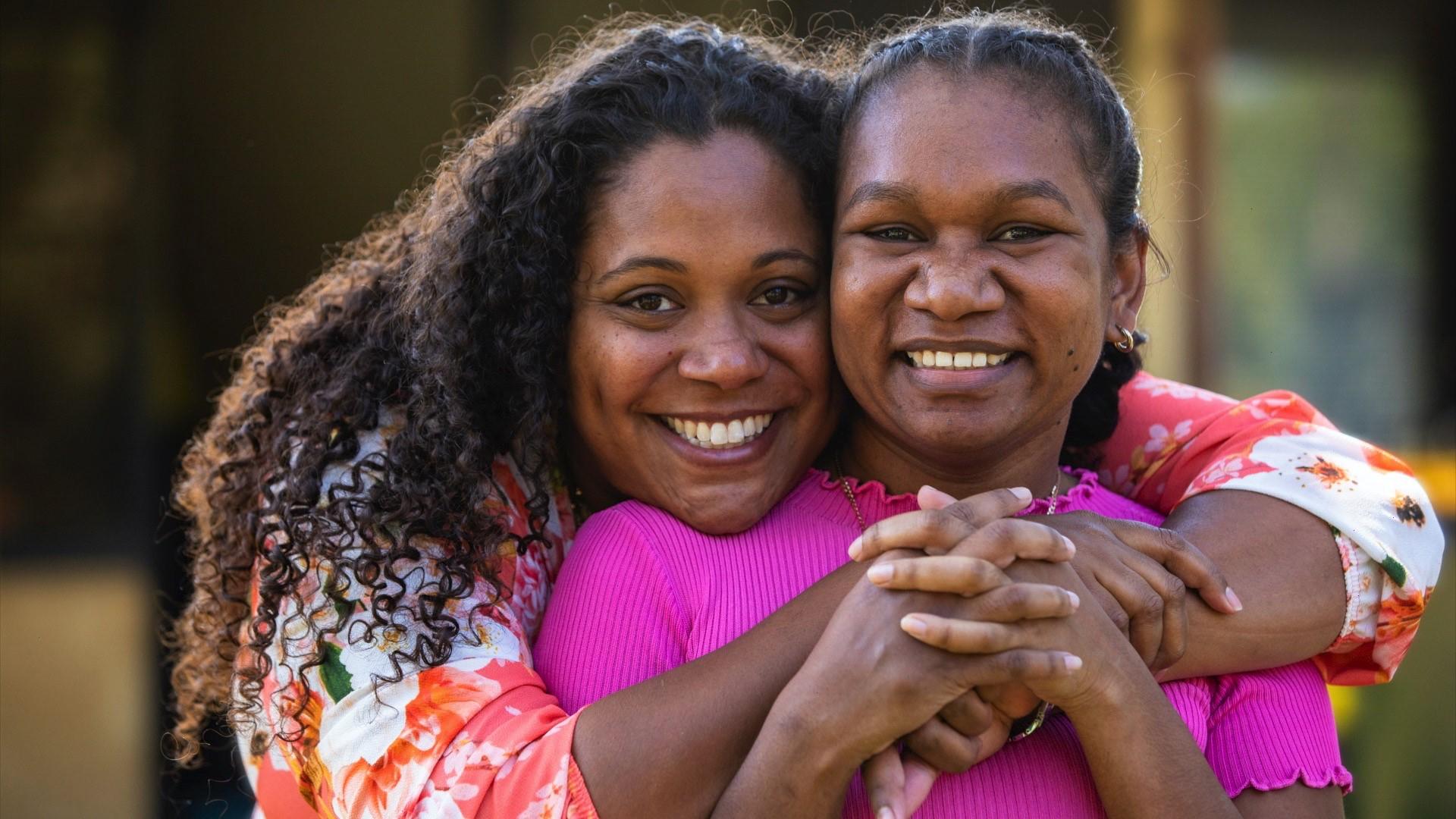Australia election 2022: Cost of living worries voters
- Published
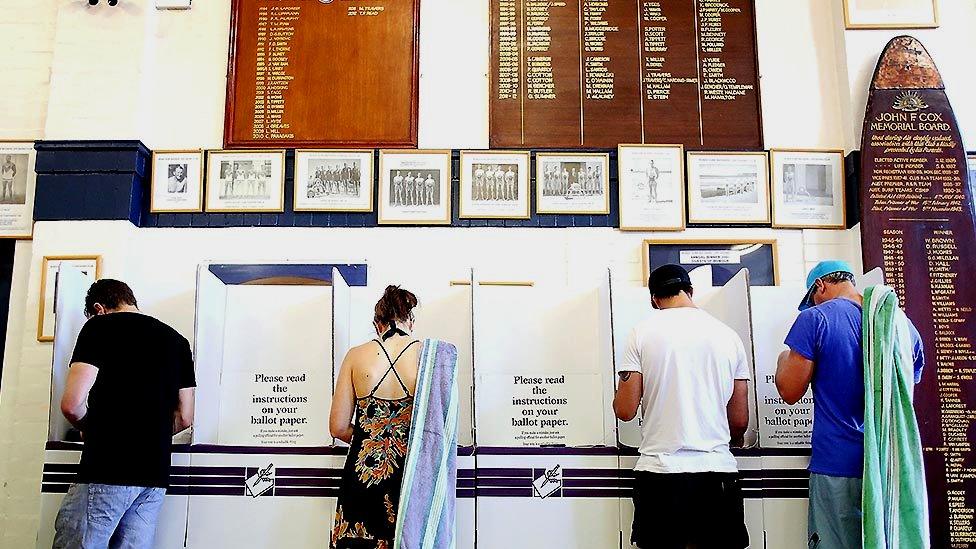
Australians go to the polls to vote on Saturday 21st May
Across Australia household budgets are being tightly squeezed, with the cost of living soaring to an eye-watering 21 year high.
Rising prices will be a pivotal concern for voters as they head to the polls on Saturday.
Although not surging as high as in other countries at 5.1%, Australia's inflation rate is outstripping wage growth (2.3%) meaning people have less money in their pockets every month.
In the Sydney suburb of Lakemba, 12 kilometres (seven miles) from the centre of the nation's biggest city, almost everyone I meet is worried about the rising cost of rent, food, fuel, and other essentials.
"I am a single mum with two kids. The childcare - everything - is very expensive. (It is) stressful sometimes," says Diana, who lives nearby.
Meanwhile, at a busy grocery shop she runs on the main street, Summer Hamze is organising deliveries. She tells me that many of her customers can barely keep up with the price rises she's forced to pass on from her suppliers.
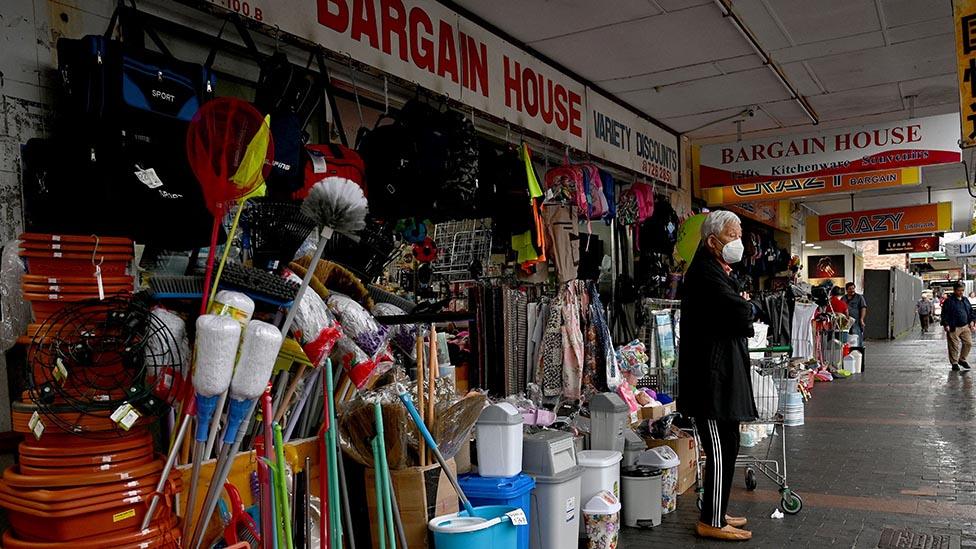
Climbing inflation is outpacing growth in earnings
"With the inflation, actually, we do need the government to get that under control because it is out of control," she tells the BBC. "It is just rising and rising and rising, and people are getting really scared these days."
Given inflation is largely being driven by market forces such as higher global shipping and energy prices, in Lakemba, opinion is divided over how much can be done by the next government.
"It is in their hands, because they know the economic factors, everything," says one man. "So, they know how to handle the situation."
Whereas another passer-by disagreed.
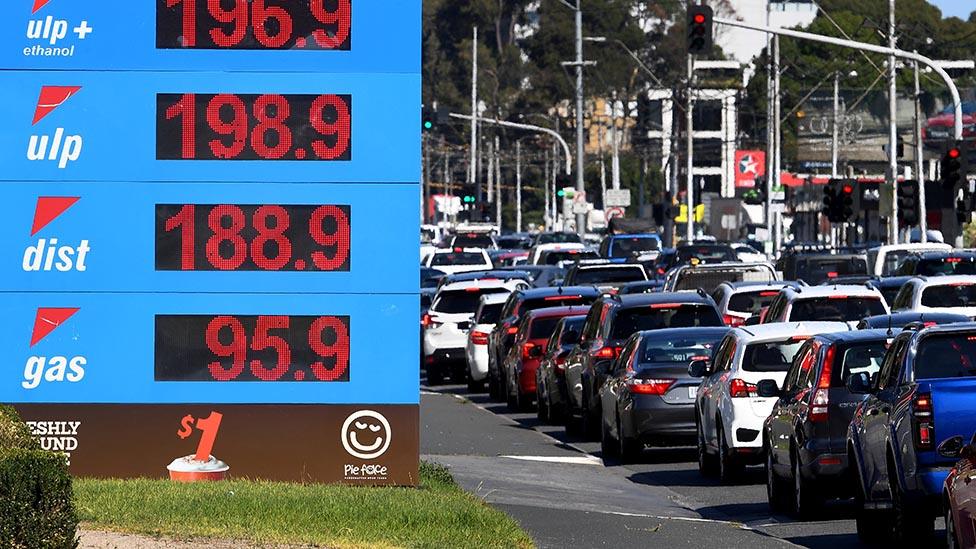
Rising petrol prices are leaving Australians with less disposable income
"Nah, I don't think anyone can do anything," he says. "Even if they change the government, I don't think anything will happen because the banks will do their thing."
Earlier this month, Australia's Reserve Bank (RBA) increased interest rates (by 0.25% to 0.35%) for the first time in more than 11 years - the first hike in the middle of an election campaign since 2007.
Rates were held at historic lows during the Covid-19 pandemic in a bid to encourage Australians to keep spending. But as inflation surges and the economic recovery post-Covid gets underway, the RBA is applying the brakes to stop the economy overheating. It is making money more expensive to borrow.
More interest rate increases are expected in the months ahead. That's good for savers, but it's estimated that 300,000 Australians could default on their mortgages as repayments increase.
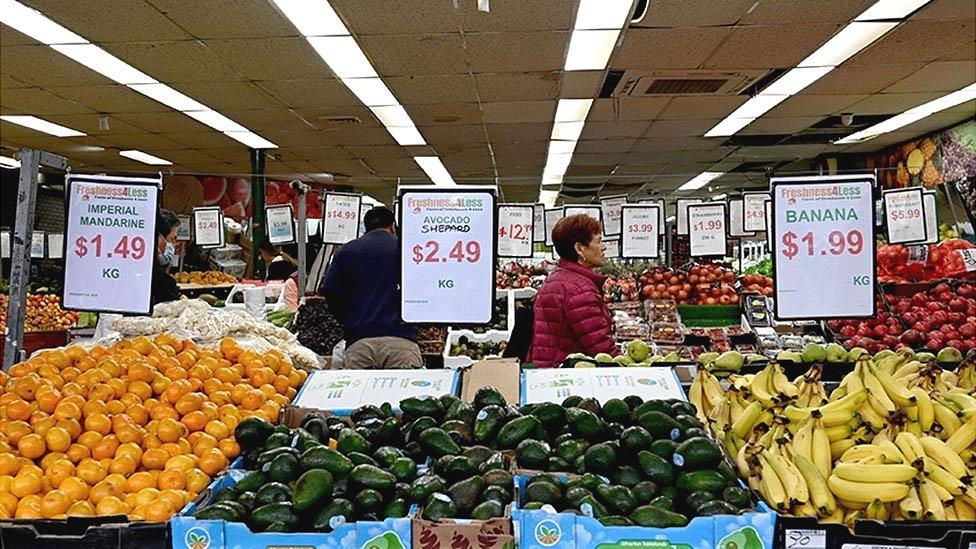
Key economic decisions are outsourced to independent bodies such as the RBA which sets official interest rates
So, whichever candidate wins the election at the weekend they will have to navigate choppy economic waters.
Scott Morrison, the prime minister, whose centre-right coalition has been in power for almost a decade, has slammed his main challenger, opposition candidate, Anthony Albanese, as a "loose unit" on the economy
"It is like he just unzips his head and let's everything fall on the table. That is no way to run an economy," thundered Mr Morrison.
In response, Labor leader Anthony Albanese said the Australian economy was "crying out for leadership and reform" but was getting neither from the current administration. Mr Albanese wants an increase to the minimum wage of at least 5.1%, to keep pace with inflation.
Almost two-thirds of Australians say reducing the cost-of-living should be the top priority for the next government, according to recent analysis.
Professor Nicholas Biddle from the Australian National University (ANU) says rising prices were "high on the minds" of many voters of various political persuasions.
"This outranks all other major policy considerations," he says. "Interestingly, we found this was a view held by people who said they would vote for Labor, for people who said they would vote for (Scott Morrison's) Coalition and for those who weren't planning on voting for either party".
Fixing Australia's nursing home system for older people and strengthening the nation's economy were the other top priorities among more than 3,500 voters surveyed by the ANU.
Key economic decisions have been outsourced to independent bodies (such as the RBA, which sets official interest rates), or are dictated by the demand and supply of goods and services, both in Australia and overseas.
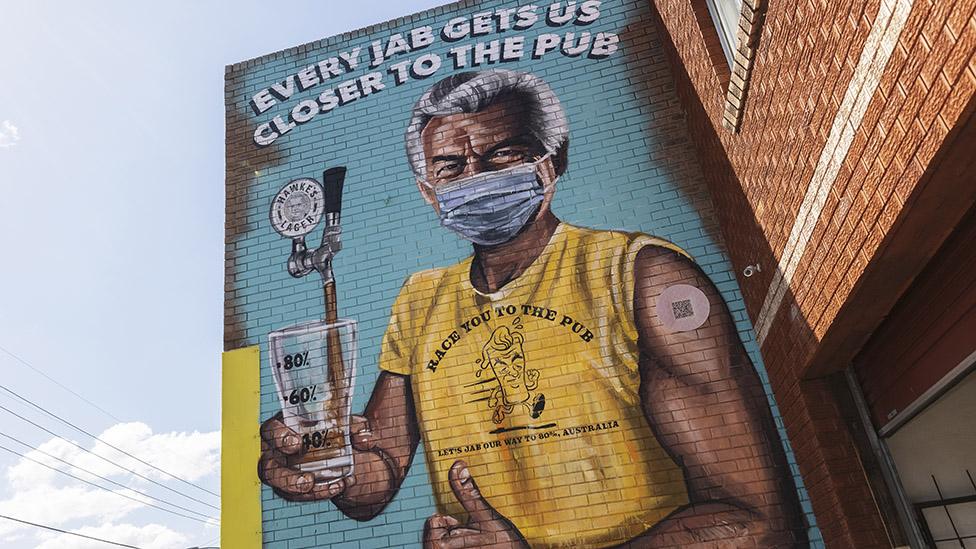
The Australian economy may need a shot in the arm to spur the Covid bounceback further
But the national government does wield considerable influence on the fate of the economy through its tax and spending policies, for example. Massive wage subsidies and other stimulus measures during the darkest days of the pandemic did protect jobs and businesses in Australia.
However, with three-year parliamentary terms in Canberra, some academics argue that federal politicians can be distracted by almost constant electioneering and exaggerate their control over the economy.
"One of the problems Australia has is its short parliaments, which means they are almost perpetually in this cycle of gathering votes.
"If a government is always worrying about the political cycle then when do they have time to knuckle down and really get things done," says Michelle Baddeley, a professor of economics at the University of Technology, Sydney.
"I think, yes, there is a bit of claiming more ground than they really can control," she says. "The reality is a bit of a mixture because certainly, and Covid illustrated this pretty well, governments can do a lot in terms of spending money to generate employment in the short-term."
Australia has a small, open economy that thrives on confidence.
And ultimately, it's individuals that collectively power an economy, but governments with vision are able to foster enterprise, innovation, and prosperity.
"There is a lot of catching up to do in terms of growth, in terms of opportunity, and, indeed government can set the pace," explains Peter Khoury, from the NRMA, a large motoring and transport company.
"As long as there is confidence in the economy and in the strength of the economy, Australian entrepreneurs and businesses will invest."
"Economically speaking, Australia will come out of Covid better than most countries. So, you don't want to miss that opportunity," he adds.
Australians voters will soon decide who they trust to help steer their country through the recovery - and beyond - for the next three years.
Related topics
- Published19 May 2022
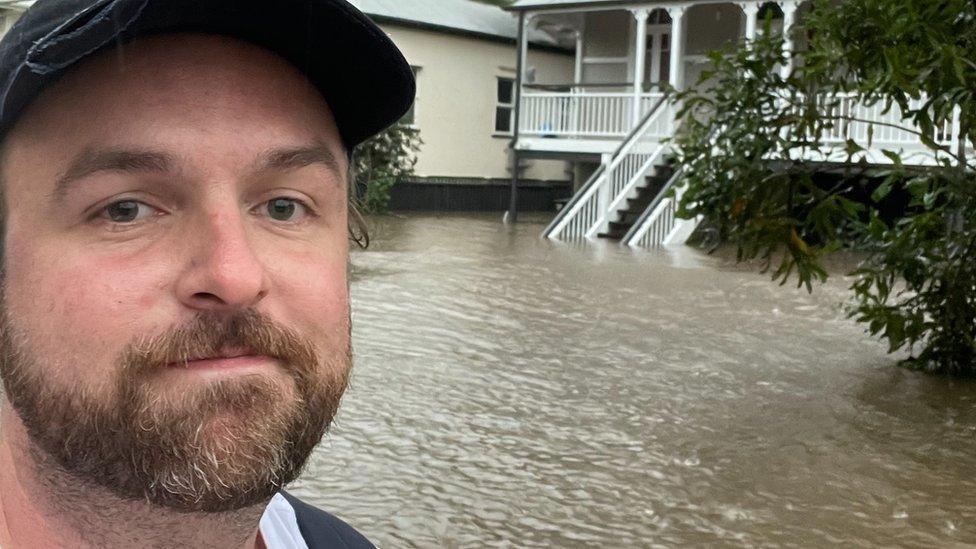
- Published17 May 2022

- Published15 May 2022
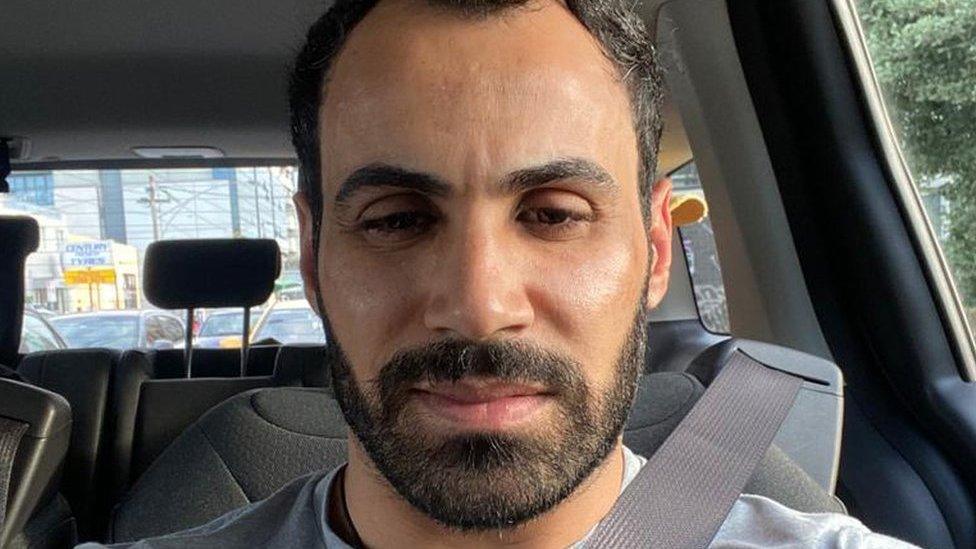
- Published16 May 2022
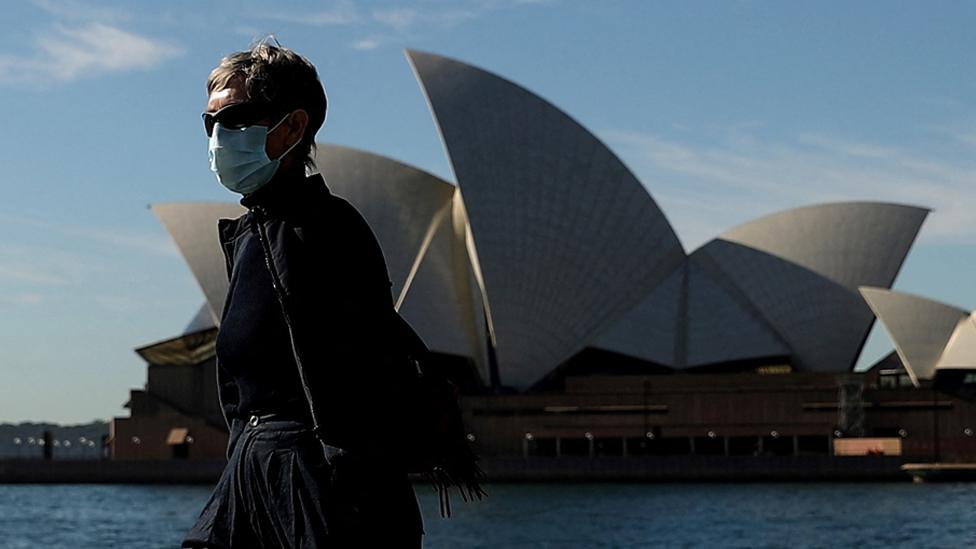
- Published17 May 2022
